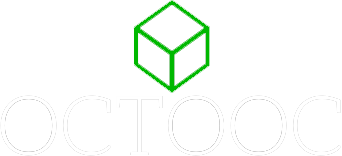A virtual dataroom is a platform which allows companies to share confidential documents with other parties without risk of leaks. The platform has a variety of security options, including restricted access to documents print and download permissions, multi-factor authentication, IP and time limitations, and customizable watersmarks. Administrators can also monitor the activity of documents by creating user groups, and invite users bulkily. Certain VDRs provide support in several languages and a variety of contact channels to meet the requirements of different businesses.
The platform can be utilized for a variety of reasons, including accounting, litigation and immovable property due diligence. It can also be beneficial in mergers and acquisitions, as it will increase the transparency of transactions and reduce the number of meetings needed to complete due diligence. It can also help avoid costly errors during M&A including the discovery of unexpected expenses or regulatory penalties.
It is crucial to be aware of the capabilities and features each VDR solution has to offer to ensure that it meets your business requirements. Certain solutions, for instance, are based on pricing policies which are based on number of pages or space. This can be expensive for large projects. Others provide a bespoke enterprise experience with unlimited administrators and a large storage capacity.
Modern VDRs feature an intuitive user interface, and advanced collaboration tools. Mobile apps allow users to browse documents, add annotations and edit them on the move. They can also search across platforms and devices. Administrators can also keep track of downloads, views, and edits by each user as well as the date of their actions.

 by WordPress
by WordPress